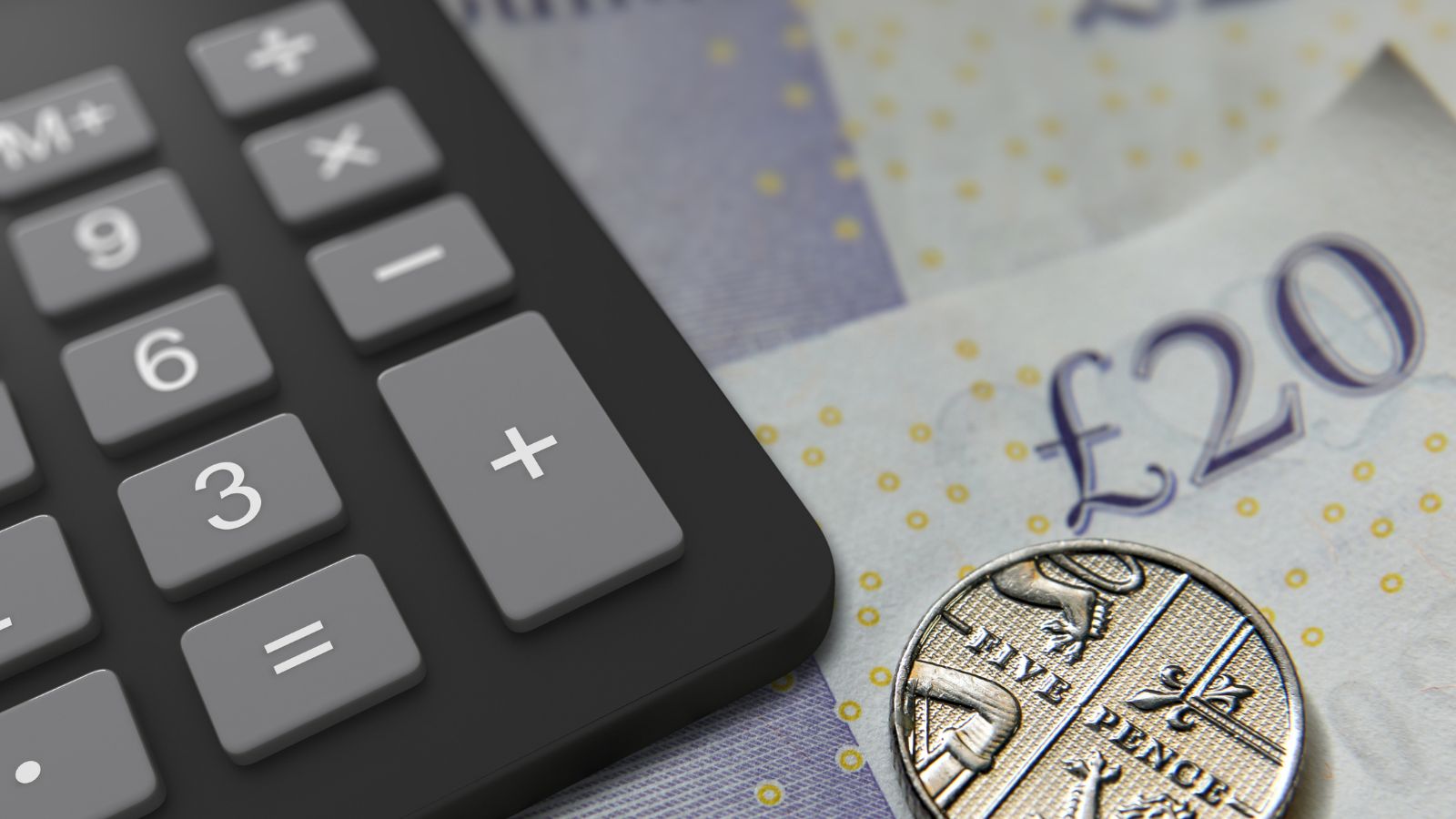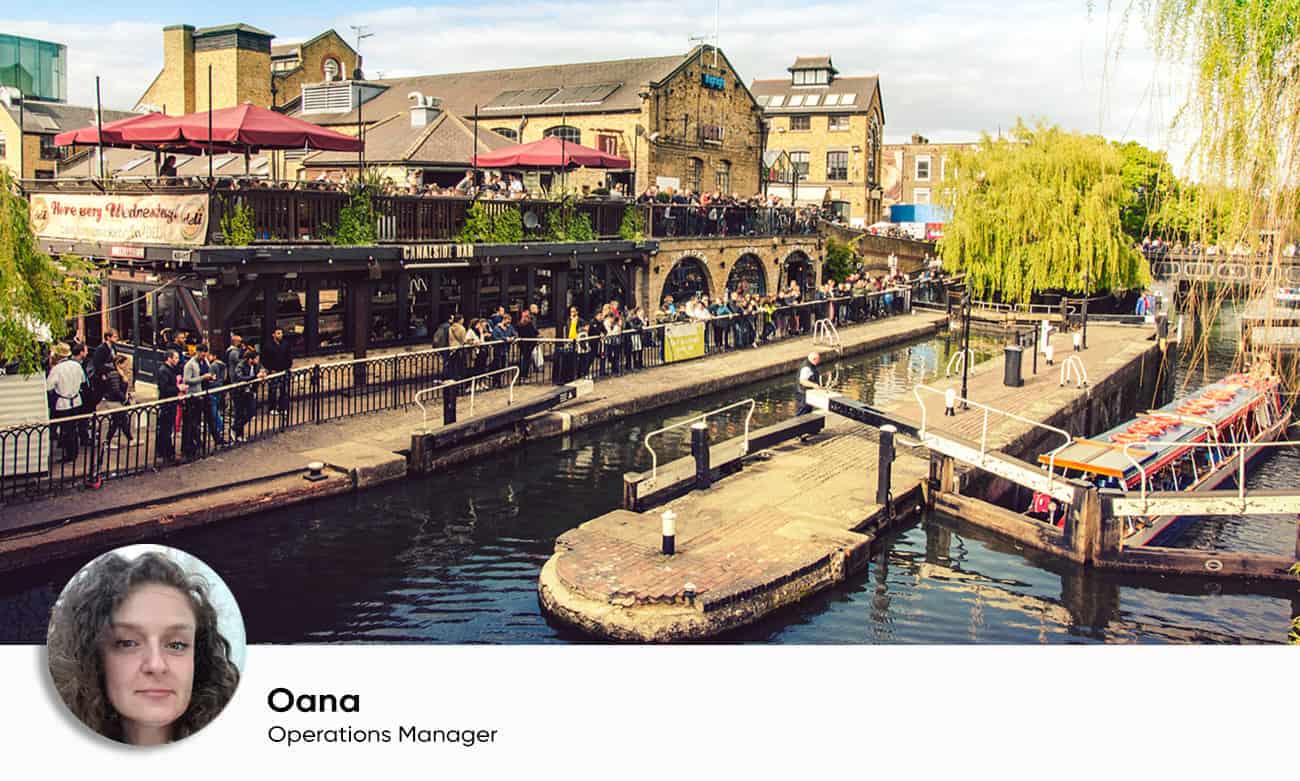
How much is a typical deposit?
The deposit you need to pay depends on whether you are renting from your university, a student accommodation provider, or a private landlord. Universities work out the deposit based on the location and room type and the amount typically various from £250 to £500. Private accommodation providers charge similar amounts, with GoBritanya charging just £250 to secure a room.
If you intend to rent a flat or house from a private landlord or via an estate agent, beware they can legally request a deposit that is equivalent to five weeks rent and the equivalent of one weeks rent as a holding deposit to reserve a property for an agreement length of time before you sign the residency agreement.
When paying the holding deposit check whether it is refundable if you decide not to take the property as sometimes it isn’t and if you take the property, that it goes towards the deposit.
When do I pay the deposit to secure student accommodation?
This varys depending on the univeristy or accommodation provider. Typically, you're asked to pay your deposit within 48 hours of recieving your accommodation offer.
As well as paying the deposit, in some cases you will have to pay the first rent instalment before you move in, and with some student accommodation providers you will pay your deposit and first instalment of your rent at the same time. Beware if you miss this payment you can risk losing the room, so read the instructions from your landlord carefully.
Does the deposit secure the accommodation?
In short it does secure the accommodation but read the tenancy contract carefully and ensure you make subsequent payments on time and provide your landlord with paperwork they request, such as references, details of your guarantor and confirmation from your university.
Who keeps the deposit?
In the UK all accommodation providers, including universities, must keep the deposit with a third-party, government approved, company.
The landlord pays your deposit into a Tenancy Deposit Scheme (TDS) within 30 days of receiving it and needs to give you a receipt and details of which TDS they are using. That way if there is a dispute you can contact the TDS and ask for help as they are duty bound to act as a mediator between you and your landlord.
The deposit is kept in the TDS until you move out. If the rent payments have been made and the property has not been damaged, the deposit is returned to you typically in 10 working days after you vacate the property.
If there is a dispute, both parties must present their case, along with evidence, to the TDS. After the case has been assessed the TDS will decide on whether to return a percentage, the whole amount or none of the deposit.
If you are renting a room in a house or flat or taking over a place with a group of students it is worth checking whether you are responsible for breaches to the contract whether they are your fault or not. For example if a housemate leaves without paying their share of the rent does that mean that the remaining tenants will have the outstanding rent deducted from their deposit.
How do I get my deposit back?
Before the end of your tenancy, contact your landlord and read your tenancy contract to familiarise yourself with what needs to be done to get your deposit back. For example, do you have to return your keys, clean your accommodation, remove all rubbish, make good any damage to the property.
Make your landlord aware of your moving out date and if it is different to the one you agreed to at the beginning, be sure you know how much notice you have to give your landlord. It's also good to arrange an inspection before you move out. This way you can discuss any issues that might effect the return of your deposit.
Most landlords will then write to you informing you when your deposit will be returned or to inform you of any issues which would result in part or all of the deposit being kept. At this point you can enter into discussions with the landlord to solve the matter. For example the property might need a deep clean, so you could agree to pay for it out of your deposit or return to the property to do it yourself.
If there are no issues deposits are normally returned with 10 working days after you vacate the property.
Can I get a refund if I decide not to go to university?
Most student accommodation providers will refund your deposit if you did not achieve the grades required, or as an international student your visa has been rejected. You can also request a refund of your deposit for other situations such as ill health or accepting a university place elsewhere.
Each provider will have their own rules, so check what they are before you pay the deposit and sign the tenancy contract.
In which circumstances would I not get my deposit back?
The obvious ones are not paying your rent, damaging the property, or leaving it in a mess but there are too many to mention here, so the best advise we can give is read the terms and conditions of the tenancy contract carefully and if there is anything you are unsure about get it clarified by your landlord before you pay the deposit and sign the tenancy agreement.
What to do if your landlord does not return your deposit?
Have a conversation about the return of your deposit before you leave, ideally via email, text, or letter, that way you have a record.
If there is a dispute over returning the deposit you should ask the landlord to put it in writing, giving you the opportunity to rectify the issue in order to get your full deposit back.
If you are unable to resolve the matter you can get in touch with the Tenancy Deposit Scheme (TDS) used to hold your deposit. Your landlord should have given you the details of which scheme they use, or it should be named in the tenancy agreement.
You can contact the TDS and ask them to mediate, which they are legally bound to do. They will ask you and the landlord to outline your case, along with evidence, and will help both parties come to a fair conclusion.





